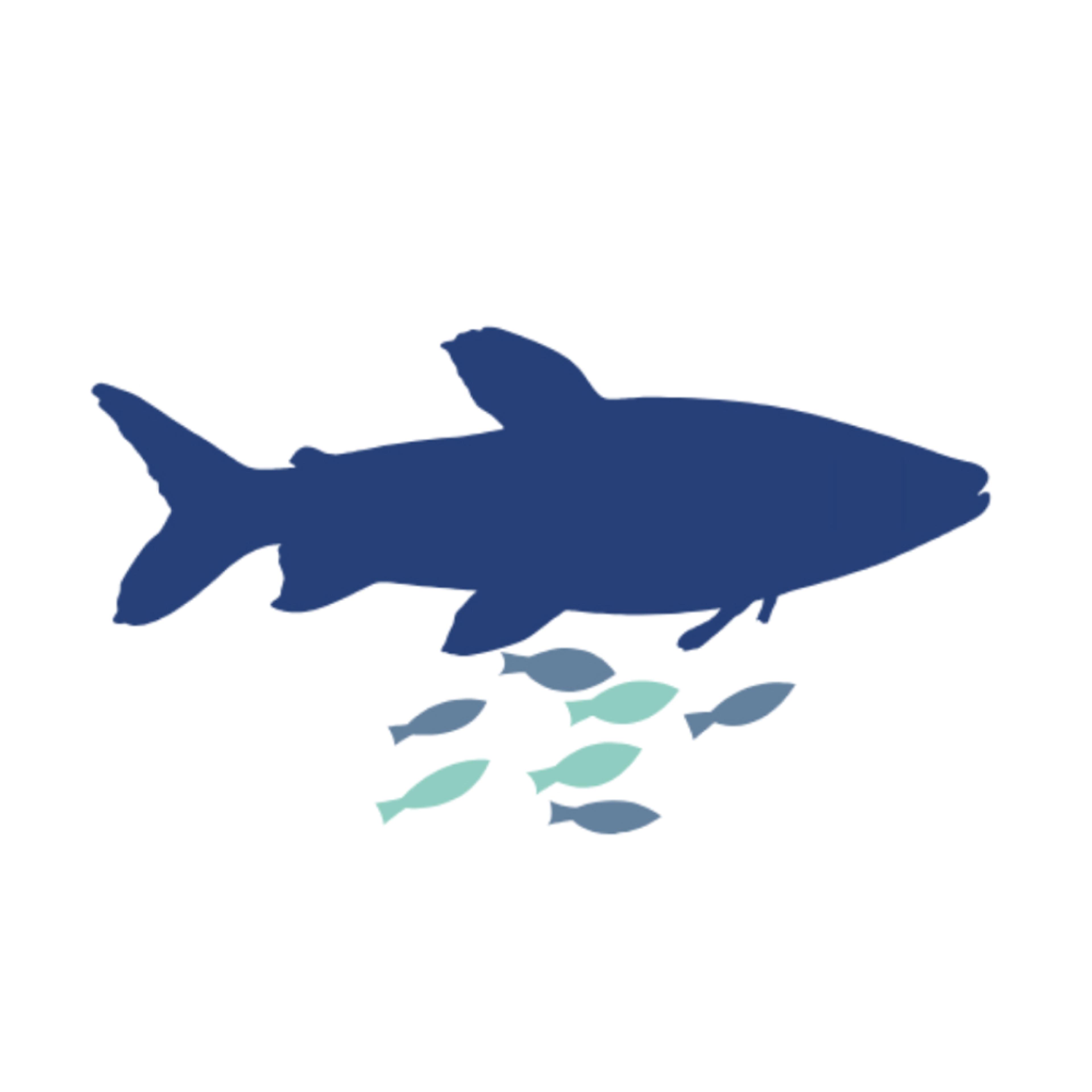
Fish Welfare Initiative
Farmed Fish Welfare Improvements
Fish Welfare Initiative is among the first organisations working to reduce the suffering of farmed fish. It does this by collaborating with industry and policymakers to make changes on fish farms, such as improving water quality and reducing stocking density.
What problem is Fish Welfare Initiative working on?
According to FWI, an estimated 73–180 billion fish are farmed for food each year, and fish farming (or “aquaculture”) is the fastest-growing food sector in the world. Farmed fish are raised in poor conditions: they are overcrowded and unable to move naturally, which can lead to stress, poor water quality, poor health outcomes, and high mortality rates.
Higher welfare for fish can lead to improvements for industry, the health of society, the environment, and the fish themselves.
What does Fish Welfare Initiative do?
Fish Welfare Initiative (FWI) works primarily in countries in Asia, in large part because these countries farm most of the world’s farmed fish.
- In India, FWI works collaboratively with farmers, corporations, and policymakers to implement improved practices for fish welfare. For instance, its Alliance For Responsible Aquaculture programme has currently transitioned 91 farms over to higher-welfare practices.
- In China, FWI works with a local Chinese-government supported entity (ICCAW) to set species-specific standards. It also co-hosted China’s first-ever Aquatic Animal Welfare Forum at the World Conference on Farm Animal Welfare.
- In the Philippines, it conducted a six-month farmer engagement programme in 2022 to investigate future work there.
FWI estimates that as of December 2022, it has improved the lives of 946,000 fish. It also believes it has had significant impacts in other, harder-to-measure ways:
- Precedent setting: FWI introduced the idea of fish welfare to key policy and corporate stakeholders, and secured the first (initial) corporate commitments for farmed fish in India.
- Movement building: FWI has built a local team of about 15 people in India, most of whom hadn’t been involved in animal advocacy work previously and are now more likely to remain in the field.
- Research: FWI is among the first organisations to conduct animal welfare research on species farmed en masse in India and China.
For more information, see Animal Charity Evaluators’ recent review of FWI, in which they recommended FWI as a Standout Charity. FWI also maintains an FAQ on its donation page that discusses the impacts and strengths and weaknesses of a donation.
What information does Giving What We Can have about the cost-effectiveness of Fish Welfare Initiative?
The impact-focused evaluator Animal Charity Evaluators (ACE) conducted a review of FWI's work, in which they recommended FWI as a Standout Charity.
Please note that GWWC does not evaluate individual charities. Our recommendations are based on the research of third-party, impact-focused charity evaluators our research team has found to be particularly well-suited to help donors do the most good per dollar, according to their recent evaluator investigations. Our other supported programs are those that align with our charitable purpose — they are working on a high-impact problem and take a reasonably promising approach (based on publicly-available information).
At Giving What We Can, we focus on the effectiveness of an organisation's work -- what the organisation is actually doing and whether their programs are making a big difference. Some others in the charity recommendation space focus instead on the ratio of admin costs to program spending, part of what we’ve termed the “overhead myth.” See why overhead isn’t the full story and learn more about our approach to charity evaluation.